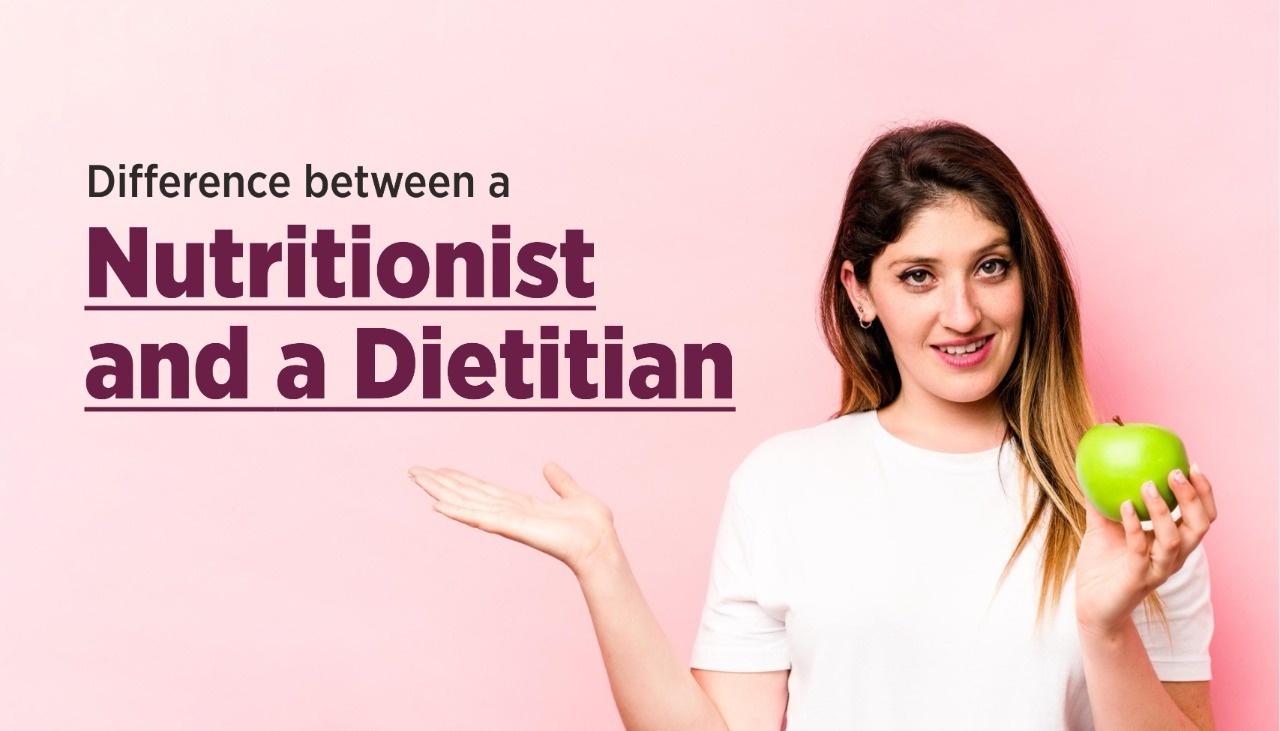All Categories
Featured
Table of Contents
The kinds of Nutritionists are: and. The former are those people who use the clinical approach to examine nutrients, both as individual compounds and as they interact in food and nourishment while the last are experts who help in detecting the dietary issues of neighborhoods and in finding remedies to those troubles.
: They work with health cares and global health organizations.: They are accountable for large-scale food preparation and service.: They are experts in nourishment and aging. They are Board certified in Gerontological Nutrition with the American Dietetic Association.: They are mainly involved with nutritional associated study in the scientific element of nourishment in condition states, public element on main, additional and in some cases tertiary wellness avoidance and foodservice element in problems including the food gotten ready for patients.
What Is The Best Personal Nutritionist Company Near Me
: These function as resource individuals for the media. Dietitians' know-how in nutrition is typically taped for television, radio, and papers-- either as a professional guest point of view, normal columnist or visitor, or for source, restaurant, or recipe growth and critique.: These job under exclusive practice. As clarified above, all dietitians are nutritional experts but not all nutritional experts have the qualifications and qualifications to be called dietitians.
This indicates exactly the exact same thing as Registered Dietitian (RD), a term that has actually been in use for a lengthy time. While accreditation to become an RD or RDN is controlled by the Academy of Nourishment and Dietetics a nationwide company licensure is managed by private states.

In order to provide clinical nutrition treatment and certify as companies for insurer, a dietitian must be licensed by the state. According to the Bureau of Labor Data, the demand for dietitians and nutritional experts is expected to boost by 20% in between 2010 and 2020 this is a much faster development rate than the average for all line of work.
The Best Weight Loss Nutritionist?
There are substantial distinctions in settlement based on field of expertise, with Scientific Pediatric Dietitians and Dairy products Nutritionists balancing about $90,000. In 2014, The Bureau of Labor Stats (BLS) found that the leading 10% of dietitians and nutritional experts make more than $79,000, and the lower 10% much less than $36,000 - Certified Nutrition Consultant. A mean hourly wage of $27.62 was determined for both sectors, with the leading 10% earning above $38.00 per hour, and the lower 10% earning below $17.00 per hour

However, there is a variety of jobs readily available in various environments for those that intend to function with the general public, as well as for those that prefer even more research-focused employment. Many get involved in one of these areas in order to help individuals live healthier lives which can be tremendously fulfilling.
With present stats that one-third of the united state populace is overweight, as well as a large number of elderly united state residents, dietitians and nutritionists are most likely to have an extra substantial duty in the future. My Strategy ranks dietitians and nutritional experts at # 53 in their joy index of top 300 occupations with the highest job satisfaction scores.
Along with going to an approved program, the majority of states need dietitians to be accredited or to have specialist accreditation, or both. On the other hand, only regarding half of states require such qualifications for nutritional experts. However, many specialist functions for nutritionists ask for at the very least a bachelor's degree, and the exact same certification is offered for nutritionists and dietitians alike.
What Are The Best Plant-based Dietitian Companies?
It's vital to note that beginning Jan. 1, 2024, you'll also require to hold a master's degree to gain an RD/RDN credential. Typical bachelor's degrees for dietitians consist of clinical nourishment, dietetics, and public health. Your core classes might consist of: Food science Chemistry Wellness care policy Scientific nourishment Biostatistics Microbiology Food service administration You'll also need to complete a dietetic internship.

And to progress in the area, you'll likely require a master's level. Whether composed in regulation or not, dietitians and nutritional experts many times require a comparable education. Usual bachelor's degrees for nutritional experts consist of nourishment science or an associated discipline, such as dietetics, kinesiology, food system administration, or biochemistry and biology. Several of your programs could consist of: Fads in nutrition Biomedical data Medical nutrition Food, nourishment, and actions Nutritional ecology Area nourishment Physiology Some level programs consist of internships, yet in others you'll need to discover opportunities on your very own.
The number of hours you'll need might depend upon needs in the state where you'll work. Whether you intend to earn a credential or not, it's an excellent concept to finish at least one internship to obtain important experience before seeking a full-time function. Licensing and certification needs for nutritional experts and dietitians differ from state to state.
How Much Should I Pay For Local Nutritionist?
An expert qualification demonstrates your experience and knowledge in your area. Here are the top qualifications for dietitians and nutritional experts.
The titles are essentially the very same. There's no specialist distinction in between them, and you're free to select which one you want to use based on individual preference. To take the qualification exam, you should: Gain an undergraduate level that's accredited by the ACEND Complete a dietetics internship After Jan. 1, 2024, you'll need to make a master's degree to get the qualification.
What Is The Best Certified Dietitian Nutritionist Business?
Bureau of Labor Stats places dietitians and nutritionists in the same group and states they make a average yearly income of $69,680. However there is an array in wages, with the lower 10% around $44,910 and the top 10% around $98,830, according to the BLS. Nutritionist and dietitian roles are expected to expand 6.6% through 2032, according to the BLS.
This does not suggest that a person profession transcends to the various other, as they both have various features and qualifications that may in some cases overlap. If you intend to learn even more regarding what makes these professions unique, maintain reading. Dieticians are experts that assist improve the lifestyle with healthy and balanced food options.
What Is The Best Private Practice Dietitian Company Near Me
Nutritional expert advice about nutrition's effect on wellness. They help people take on healthier methods of consuming and produce customised strategies based on goals. Their solutions include dietary analysis and therapy, dish preparation and establishing healthy and balanced eating programs. Some have official education and credentials, others might have extra basic qualifications. The field is less controlled than dieticians; thus, nutritional experts' levels of knowledge and credentials can differ.
There are several distinctions between dieticians and nutritional experts. Here are the training and background requirements. Diet professionals commonly hold a bachelor's level in dietetics, nourishment, or a relevant area. As their occupations development, lots of diet professionals seek innovative levels, like a Master's or Doctorate, to be experts in specific areas of nutrition. Dieticians must take on monitored useful training as part of their education and learning to obtain hands-on experience in medical setups, community nourishment programs, or food service administration.
Latest Posts
Non-surgical Weight Loss – Menora 6050
Pregnancy Dietician
Who Has The Best 8 Week Body Transformation?